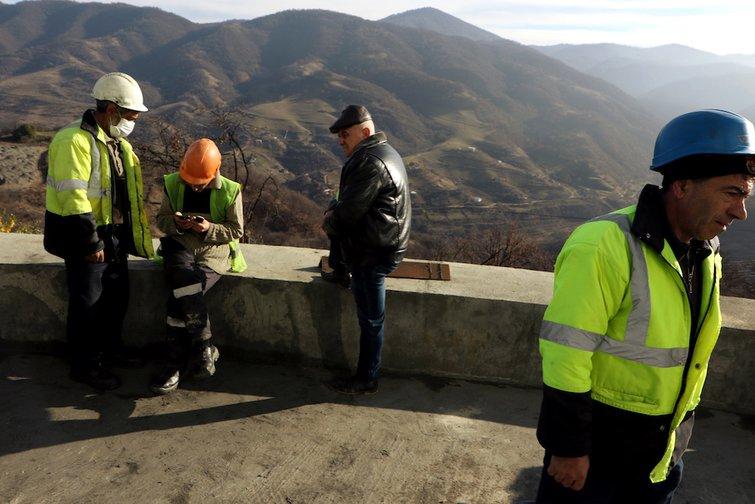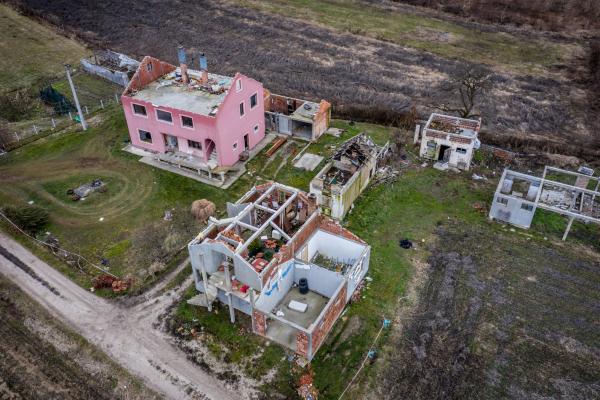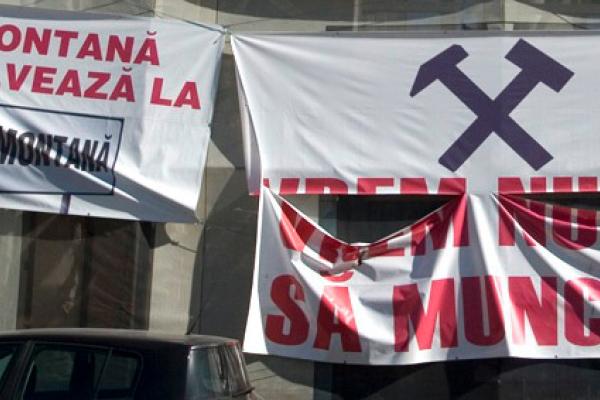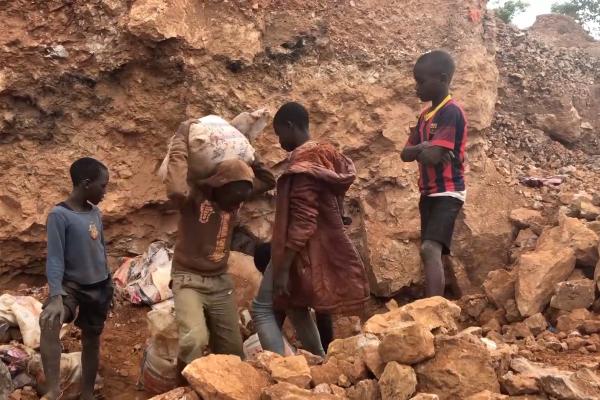Consequently, the post-revolutionary government, faced with threats of international arbitration, is caught between its international obligations and the demands of its democratic base. However, this issue extends beyond Armenia and Amulsar, bringing a variety of interests to light, including those of Western governments and their export credit agencies.
A team of journalists proposed using Freedom of Information laws to investigate the Danish Export Credit Authority's support for controversial mining operations in this South Caucasus state. The role of export credit agencies is coming under increasing scrutiny from international NGOs, who are questioning the pre-approval due diligence and assessment procedures, post-approval monitoring, and the general lack of transparency.
The story also raises questions about the internal decision-making and due diligence processes of ECAs, which are determined by external guidelines provided by the OECD, the IFC, the World Bank and the Aarhus Convention. In light of the disastrous environmental impact of one of the mines in question, and the projected impact of another, the role of Western governments and their export credit agencies in supporting and financing extractive industries in one of the poorest countries in Europe is an important issue for public scrutiny.
Photo: Teghut copper mine, Armenia | (c) Jens Malling





